Pet dental health is an important topic. There are many complications and potentially severe problems caused by poor dental health. Luckily, with regular veterinarian professional dental treatment and at home care, you can keep your pet’s mouth healthy.
Dental Health Month
February is National Pet Dental Health Month. The AVMA created this month-long event to help raise awareness and promote the importance of pet dental health. Sometimes a problem is difficult to notice, and you find it when it’s too late, with your pet already in discomfort to the point where they have stopped eating.
Why Dental Health is Important
Teeth are very important to your pet’s overall health. Pets that have problems with their teeth and gums are prone to suffer serious heart, liver, and kidney problems as they age.
Pets can also suffer from broken teeth. Chewing on hard toys and treats like antlers and bones can break your dog or cat’s teeth. A broken tooth can expose the tooth’s nerve, which is very painful for your pet. Additionally, the exposed nerve can become infected and cause even more problems for your pet. At this point, the tooth will need to be removed.
Signs of Dental Problems
Regardless of any problems, your pet’s teeth should be checked at least once a year by your veterinarian for early signs of a problem and to keep your pet’s mouth healthy.
Have your pet’s teeth checked sooner if you observe any of the following problems:
- Bad breath
- Broken or loose teeth
- Extra teeth or retained baby teeth
- Teeth that are discolored or covered in tartar
- Abnormal chewing, drooling, or dropping food from the mouth
- Reduced appetite or refusal to eat
- Pain in or around the mouth
- Bleeding from the mouth
- Swelling in the areas surrounding the mouth
Some pets become irritable when they have dental problems, and any changes in your pet’s behavior should prompt a visit to your veterinarian. Note, take caution when checking your pet’s mouth because pain can cause a pet to react aggressively.
Feline Juvenile Gingivitis
Feline juvenile gingivitis refers to inflammation of the gums that occurs following the eruption of the permanent teeth. This condition is most frequently observed in kittens with oriental breeds. Patients suffering from juvenile gingivitis have redness, swelling, and inflammation of their gum tissue (gingiva). The cause of this disease is not known but an exaggerated inflammatory response to tooth eruption, immune-mediated and viral exposure (FIV, FeLV, Calicivirus) have all been proposed as triggers, many authors believe it is likely a multifactorial response.
Untreated juvenile gingivitis can lead to juvenile periodontitis. In this case, pockets between the gums and teeth may form, providing more space for bacteria to accumulate near the bone. With this additional buildup, the immune system goes into overdrive, attacking the teeth and gums and causing bone loss.
Make an appointment with your veterinarian if you suspect that your kitten is suffering from juvenile gingivitis.
Professional Pet Dental Care
During your pet’s yearly wellness checks we will thoroughly examine your pet’s mouth and teeth as part of the examination. This helps us to take preventative measures to ensure your pet is maintaining overall optimal health, including their teeth. If we detect a dental problem during a wellness check, we will advise you of the necessary veterinary treatment as well as any home treatment you can do on your own.
Our dental services include teeth cleaning and polishing, tooth extractions and minor oral surgery. Our team of skilled vets are on site to perform any variety of dental services to your pet. If required, we do offer full assessments before administering anesthetics to your pet.
Home Dental Care
- Brush their teeth. Brushing your pet’s teeth may seem extreme, but it is hugely beneficial for them. In an ideal world, you would brush your pet’s teeth twice a day. If you can’t manage twice a day, do it as often as you can. As a note, never use your toothpaste on them. There are specific kinds of toothpaste made for pets such as Virbac C.E.T toothpaste. It comes in different pet flavors such as poultry, seafood, and beef. Also, brushing a dog or cat’s teeth is not the same as brushing your own teeth. Here is a great video from the AVMA on how to brush your dog or cat’s teeth.
- Use tooth wipes. Tooth wipes are a faster and easier solution than brushing their teeth, although slightly less effective.
- Give them dental treats/chews. There are many treats and chew toys that you can buy for your pet that help remove plaque and improve dental health. If you are unsure what you should get for your pet, consult with your veterinarian.
Veterinary Oral Health Council
The VOHC exists to recognize products that meet pre-set standards of plaque and calculus (tartar) reduction in dogs and cats. Products are awarded the VOHC Seal of Acceptance following review of data from trials conducted according to VOHC protocols. The VOHC does not test products itself.
The VOHC Seal is displayed on products that have been awarded the Seal
Regular use of products carrying the VOHC Seal will reduce the severity of periodontal disease in pets.
Final Words
We understand the special role your pet plays in your family and are dedicated to becoming your partner in your pet’s health care. We treat your pet as we would our own.
Our goal is to practice the highest quality medicine and surgery with compassion and an emphasis on client education.
Our entire healthcare team is committed to providing personal attention to the unique concerns of each pet owner. Contact us to schedule a dental visit or any other veterinary services you need.
Sincerely,
Ashley Tuma, D.V.M.







